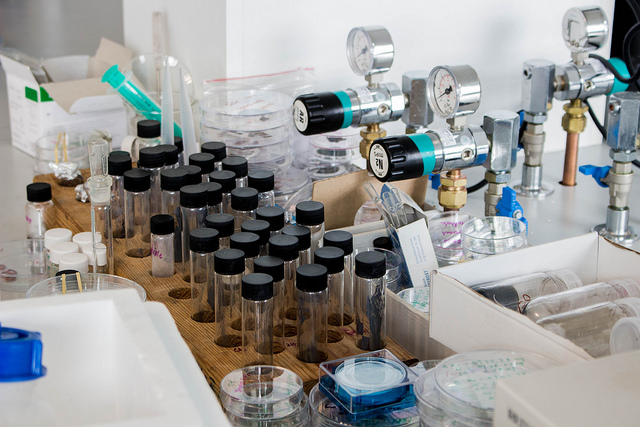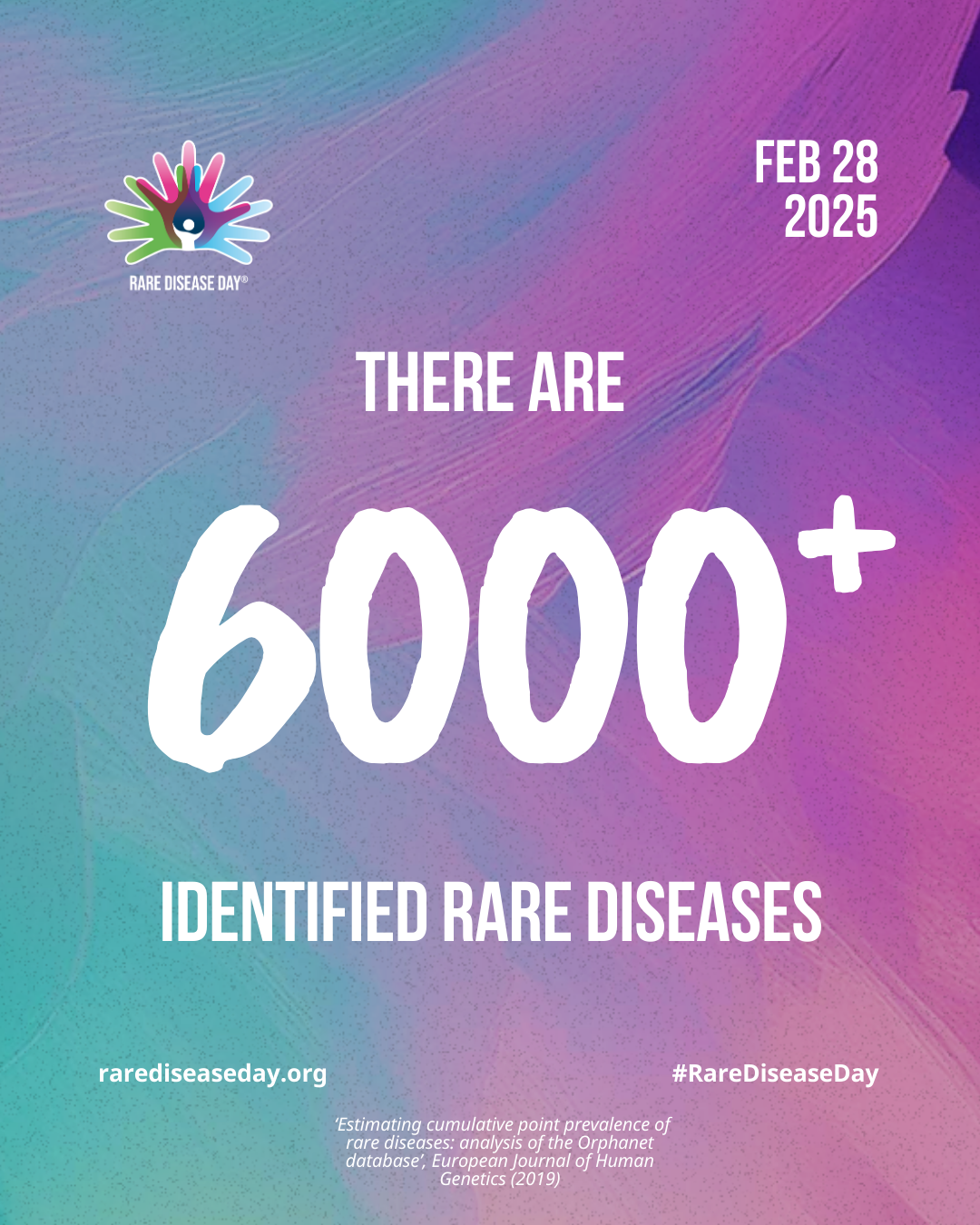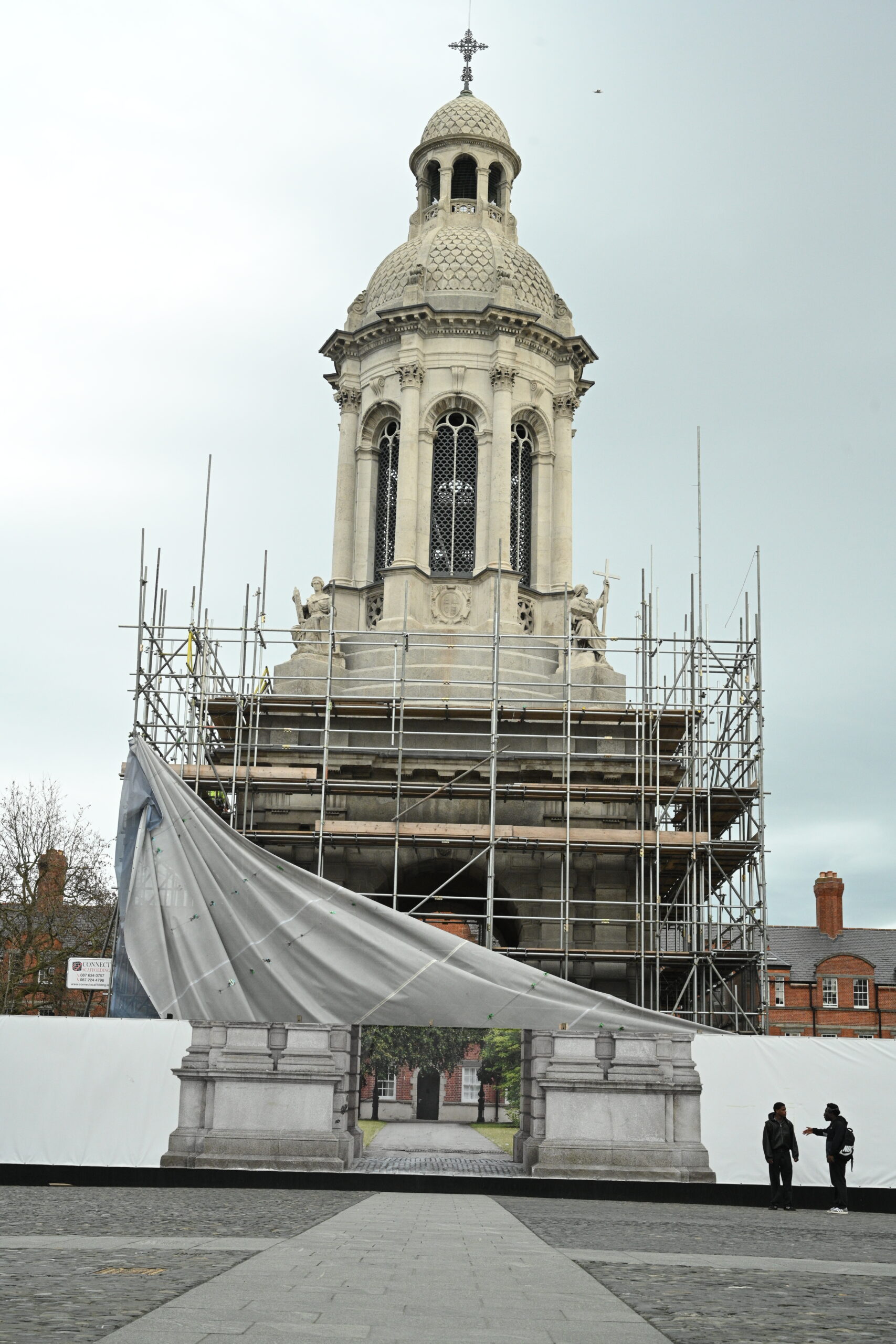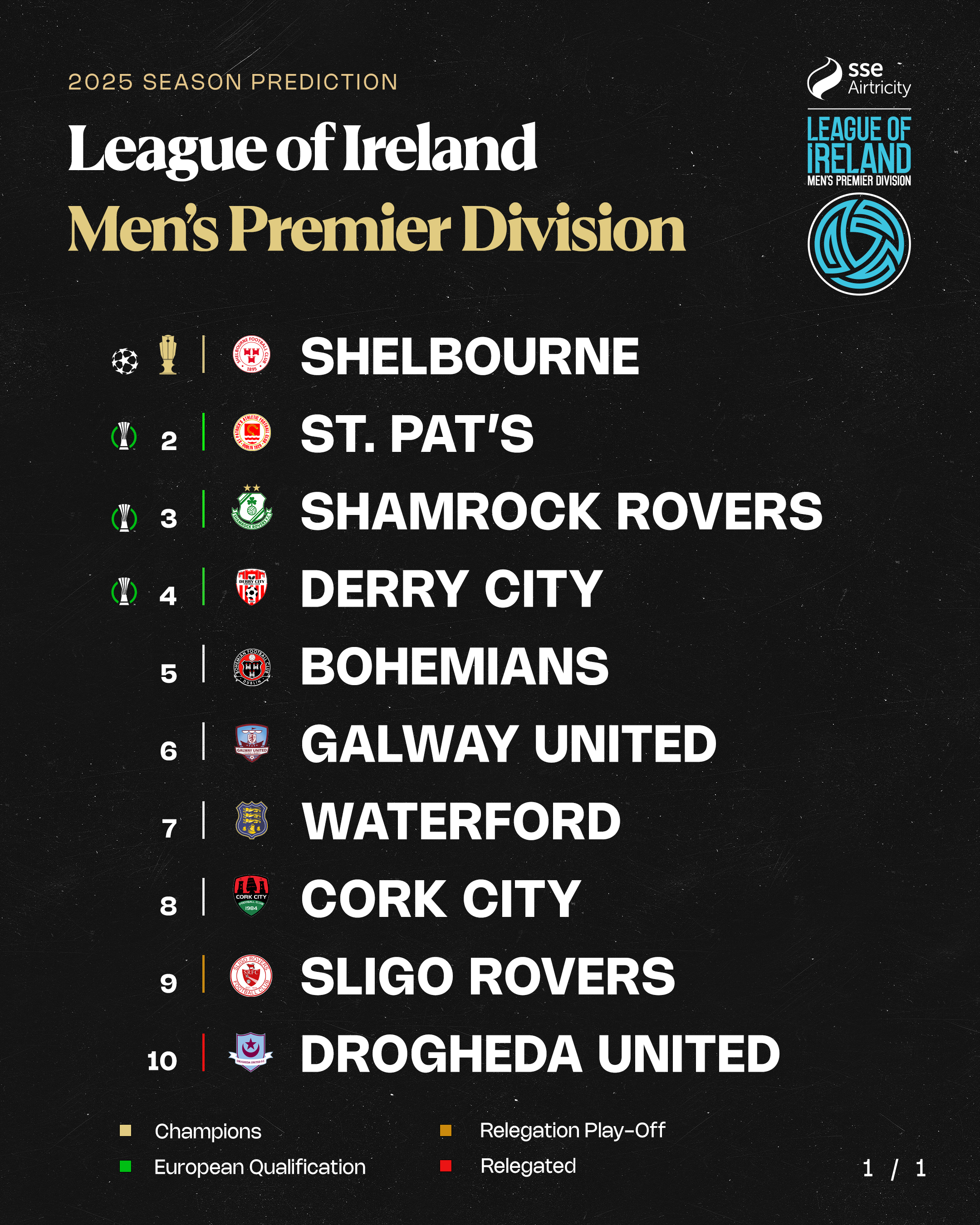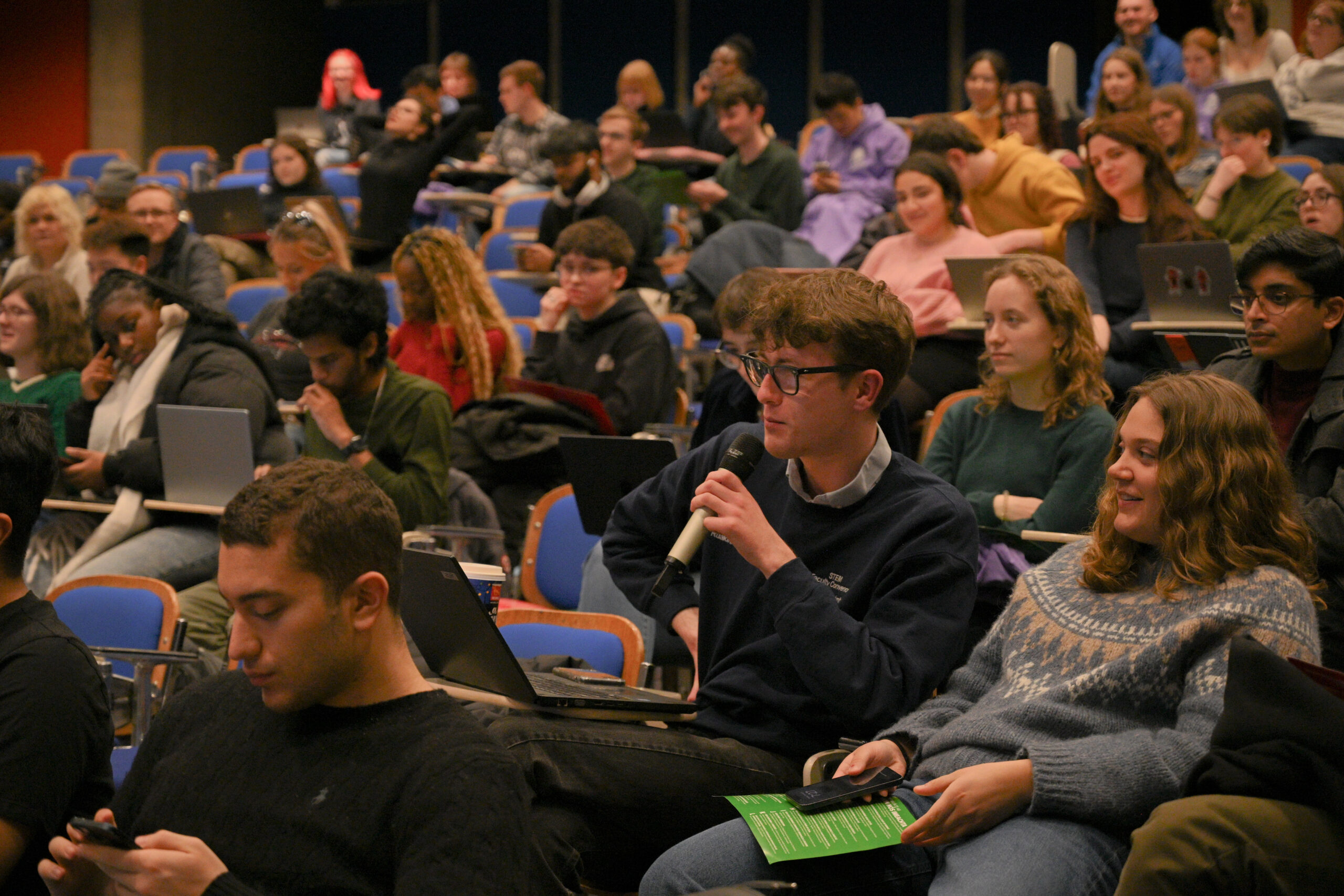A group of Trinity researchers are to lead a multidisciplinary, €2.9 million project, entitled “Reducing the Energy Dependency of Atlantic area Water Networks” (REDAWN), with funding from the EU.
Associate Professor in Energy and the Environment in the School of Engineering at Trinity, Dr Aonghus McNabola, is to work as the technical lead on the project, working alongside Professor in Operations Management in the Trinity Business School, Paul Coughlan, and Assistant Professor, John Gallagher, from the School of Engineering.
Reducing the stress on European water networks will be critical in environmental protection efforts, as the water industry is the fourth-most energy intensive sector in the EU. The energy intensive pumping, water treatment and monitoring processes involved in water servicing contribute directly to carbon dioxide emissions. The energy consumed in these steps also leads indirectly to emissions. The use of inexpensive micro-hydropower technology and water softeners at pressure points in the water networks will make them more efficient, using the energy of flowing water to generate electricity.
Moreover, using a water softener can also prevent irreversible damage to plumbing. Put simply, as minerals in hard water travel through pipes they sometimes stick, forming a scale buildup that will eventually clog the pipes. Consequently, the best way to treat hard water problems is by softening the water through using Skid Mounted water softeners and other similar water softening systems before these minerals have a chance to build up.
Ultimately, the REDAWN project aims to improve the efficiency of water networks supporting the irrigation, waste and stormwater, public water supply and process industries. The project will work on the policy and technical challenges related to water efficiency. Next-generation micro-hydropower energy recovery systems will be implemented in water networks around the Atlantic area, in countries such as Ireland, France, Spain, Portugal and the UK.
In a press statement, McNabola acknowledged the challenges inherent in the project: “The water industry in Europe contributes significantly to energy consumption and CO2 emissions, which in turn impact negatively on the environment and the economy.” However, he was optimistic that this initiative will lead to real improvements: “The REDAWN project will make significant advances in improving energy efficiency in this sector and it will have positive environmental and economic impacts. The research team is very excited to have received this funding and is looking forward to working on this project in the coming years.”
Coughlan highlighted the promise of the multidisciplinary project, saying “REDAWN is set up to enable the engineering, environmental science and business researchers to interact directly with practitioners from European industry. Together, these partners are committed to bringing their established expertise to the table and open to learning with, through and from each other”.
The Trinity researchers will work in partnership with Action Renewables Ltd, University of Naples Federico II (Prof Armando Carravetta), IST Lisbon, Hidropower Ltd, Feragua, the University of Cordoba and several other institutions.
